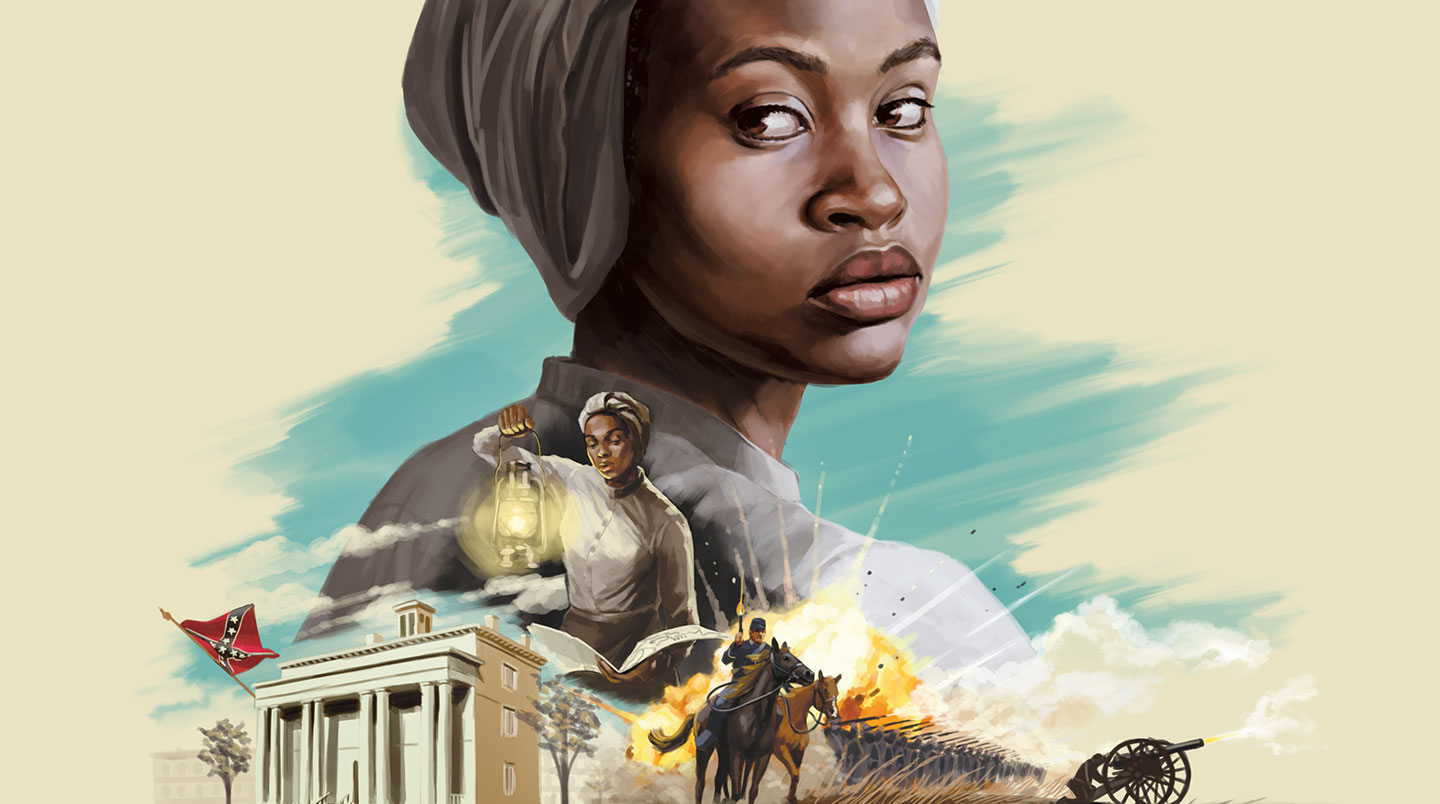Mary Richards’s heart was pounding. She raised her fist to rap on the door of the mansion. For several seconds, everything was silent. Then the door began to creak open. Her next mission was about to begin.
Throughout much of the Civil War (1861-65), Richards had been spying on the enemy: the Southern Confederacy. Aiding the Union Army was dangerous anywhere in the South, but especially in the Confederate capital of Richmond, Virginia, where she lived. Now, in August 1864, she was about to enter a very dangerous place, the White House of Confederate President Jefferson Davis.
Spying for the North was especially meaningful for Richards. She was black and had been born enslaved in Richmond. The 24-year-old would do anything she could to help the Union forces win the war.
Gaining entrance to the enemy’s headquarters was going to be tricky. When the door to the house opened, she pretended to be a washerwoman and asked if the household had any laundry. After being told to wait, Richards found herself in a room that appeared to be Davis’s study. Quickly, she began searching the drawers of a cabinet for any information that might help the Union Army.
Mary Richards’s heart was pounding. She raised her fist to rap on the door of the mansion. For several seconds, everything was silent. Then the door began to creak open. Her next mission was about to begin.
Throughout the Civil War (1861-65), Richards had been spying on the enemy: the Southern Confederacy. Helping the Union Army was dangerous anywhere in the South. But it was especially so in Richmond, Virginia. That was the Confederate capital. It also was where Richards lived. Now, in August 1864, she was about to enter a very dangerous place, the White House of Confederate President Jefferson Davis.
Spying for the North was especially meaningful for Richards. She was black and had been born enslaved in Richmond. The 24-year-old would do anything she could to help the Union forces win the war.
Getting into the enemy’s headquarters was going to be tricky. When the door to the house opened, she pretended to be a washerwoman. She asked if the household had any laundry. After being told to wait, Richards found herself in a room that appeared to be Davis’s study. Quickly, she began to search the drawers of a cabinet. She hoped to find information that might help the Union Army.


